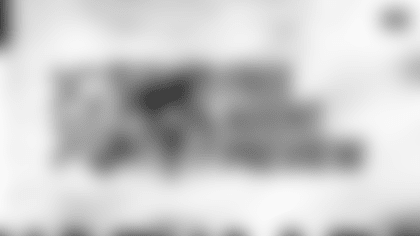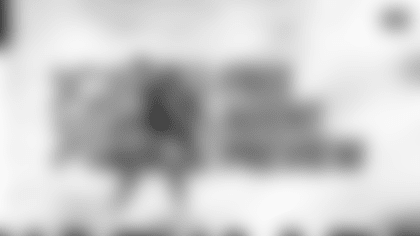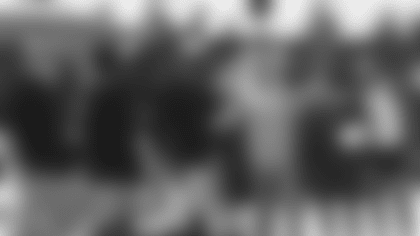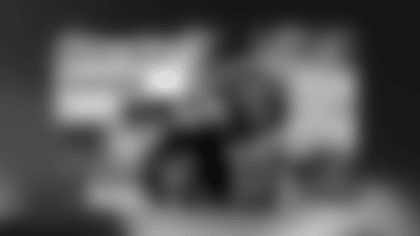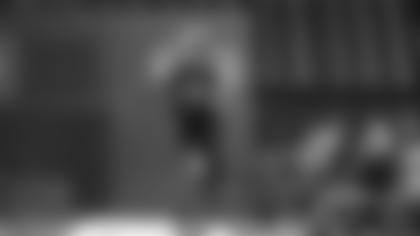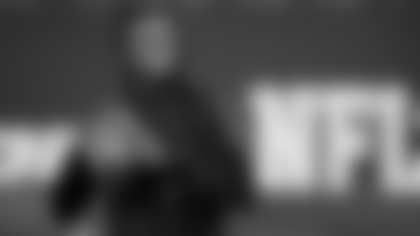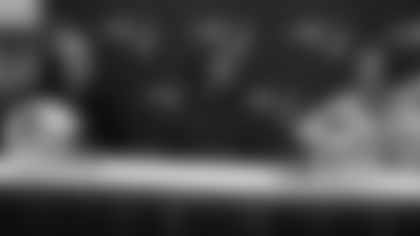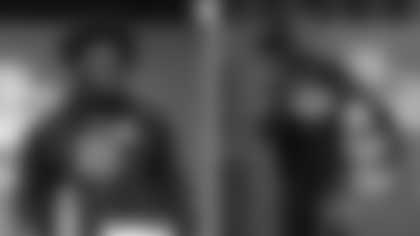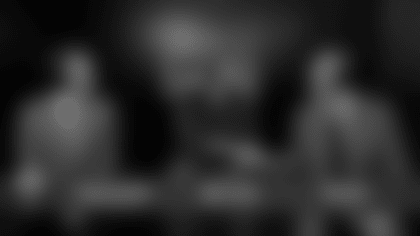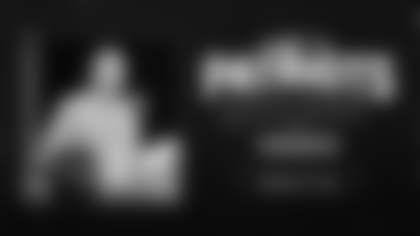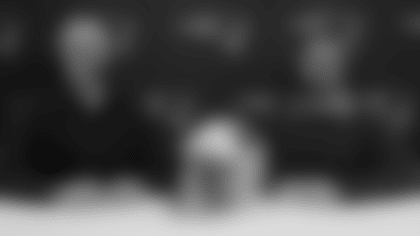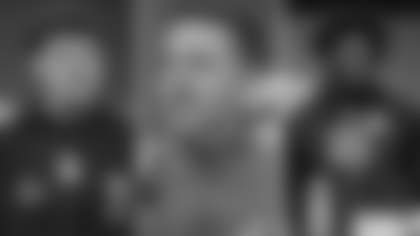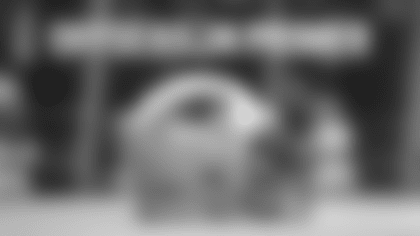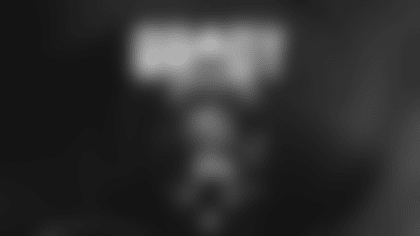It would be difficult to imagine a more tumultuous start to the season than what Bill Belichick has endured in the aftermath of the Patriots Week 1 victory over the New York Jets. The ink had barely dried from the stories proclaiming the team as overwhelming Super Bowl favorites after the 38-14 dismantling at the Meadowlands when word of illegal sideline taping of New York's defensive coaches began to circulate the league.
The Patriots had a member of their video crew removed from the sideline during the opener while league officials confiscated tapes and had them sent to the league office for review. Commissioner Roger Goodell investigated the situation and determined the Patriots were in violation of league rules when he determined they videotaped Jets coaches relaying defensive signals onto the field.
In turn, Goodell came down heavily on both Belichick and the team. The coach was fined $500,000, the maximum allowed under NFL by-laws. Also, the Patriots will surrender a first-round pick in 2008 if they make the playoffs this season. If they fail to do so, they would then lose second- and third-round picks. In addition, the team was fined $250,000. The lost first rounder would be the Patriots own pick as they would retain the one they obtained from San Francisco.
"This episode represents a calculated and deliberate attempt to avoid longstanding rules designed to encourage fair play and promote honest competition on the playing field," Goodell wrote in a letter to the Patriots.
"I specifically considered whether to impose a suspension on Coach Belichick. I have determined not to do so, largely because I believe that the discipline I am imposing of a maximum fine and forfeiture of a first-round draft choice, or multiple draft choices, is in fact more significant and long-lasting, and therefore more effective, than a suspension."
Belichick responded with a statement shortly after Goodell's ruling became public.
"I accept full responsibility for the actions that led to tonight's ruling. Once again, I apologize to the Kraft family and every person directly or indirectly associated with the New England Patriots for the embarrassment, distraction and penalty my mistake caused. I also apologize to Patriots fans and would like to thank them for their support during the past few days and throughout my career.
"As the Commissioner acknowledged, our use of sideline video had no impact on the outcome of last week's game. We have never used sideline video to obtain a competitive advantage while the game was in progress.
"Part of my job as head coach is to ensure that our football operations are conducted in compliance of the league rules and all accepted interpretations of them. My interpretation of a rule in the constitution and by-laws was incorrect.
"With tonight's resolution, I will not be offering any further comments on this matter. We are moving on with our preparations for Sunday's game."
After meeting with Goodell earlier in the week, Belichick issued an initial statement apologizing for his actions and maintained that he would let those words suffice until final word came down from the league.
"Earlier this week, I spoke with Commissioner Goodell about a videotaping procedure during last Sunday's game and my interpretation of the rules. At this point, we have not been notified of the league's ruling. Although it remains a league matter, I want to apologize to everyone who has been affected, most of all ownership, staff and players. Following the league's decision, I will have further comment."
The original statement was curious in its wording given the vagaries he suggested with the word "interpretation." Given the black and white nature of the rule he violated, it was an interesting choice of words.
The league's game operations manual states "no video recording devices of any kind are permitted to be in use in the coaches' booth, on the field, or in the locker room during the game." Further, Ray Anderson, the league's head of football operations, sent a memo to head coaches and general managers just before the start of the season that reiterated the above stance.
Still, the Patriots sent 26-year-old video assistant Matt Estrella to the sideline for the opener and had him detailing the Jets defensive coaches' every move. He didn't make it to halftime before he was asked to leave and had his equipment taken away.
This was not the first time the Patriots had been accused of such actions. Green Bay officials had Estrella similarly removed from the Lambeau Field sidelines last year in New England's 35-0 romp over the Packers. A Packers official told the Boston Herald they chose not to pursue the matter any further in part because of the lopsided nature of the score and also because they felt "everyone does it."
Also, the Lions complained of similar tactics being used during their visit to Gillette Stadium last December, and CBS' Charlie Casserly mentioned the Patriots had been reprimanded for "doing something they shouldn't have been doing" earlier in the season.
In the days following the initial report, many other Patriots opponents suggested similar actions had taken place in previous games. Evidently, this was all news to the Patriots players themselves, many of whom addressed questions on the topic only by saying they knew nothing of the process and to direct further questions to those who did.
One thing was clear from listening to the players who did respond to the questions: No one was apologizing for anything.
"I don't think anybody cares too much about what people say or do," Tom Brady said. "It's probably more flattering to us than anything. People, maybe sometimes when they think we've got everything figured out, maybe it speaks to our preparation. I'm actually flattered by it.
"I think part of the great thing here is we control what we can control. That's our attitude and our work ethic and our preparation. That's why I'm so proud to be part of the New England Patriots. Maybe that's why we have won over the years because all we do is concern ourselves with what we do."
Linebacker Mike Vrabel expressed a similar comfort level in his and his teammates' ability to perform.
"I'm confident in what I do, how I prepare for the games and how I go out and approach the game and play the game, so I wouldn't label myself a cheater," he said. "I don't feel embarrassed for anything we do. I think we go out and try to prepare as players, we work hard and we put a lot into it year-round. We try to go out and win the game."


